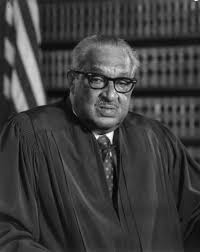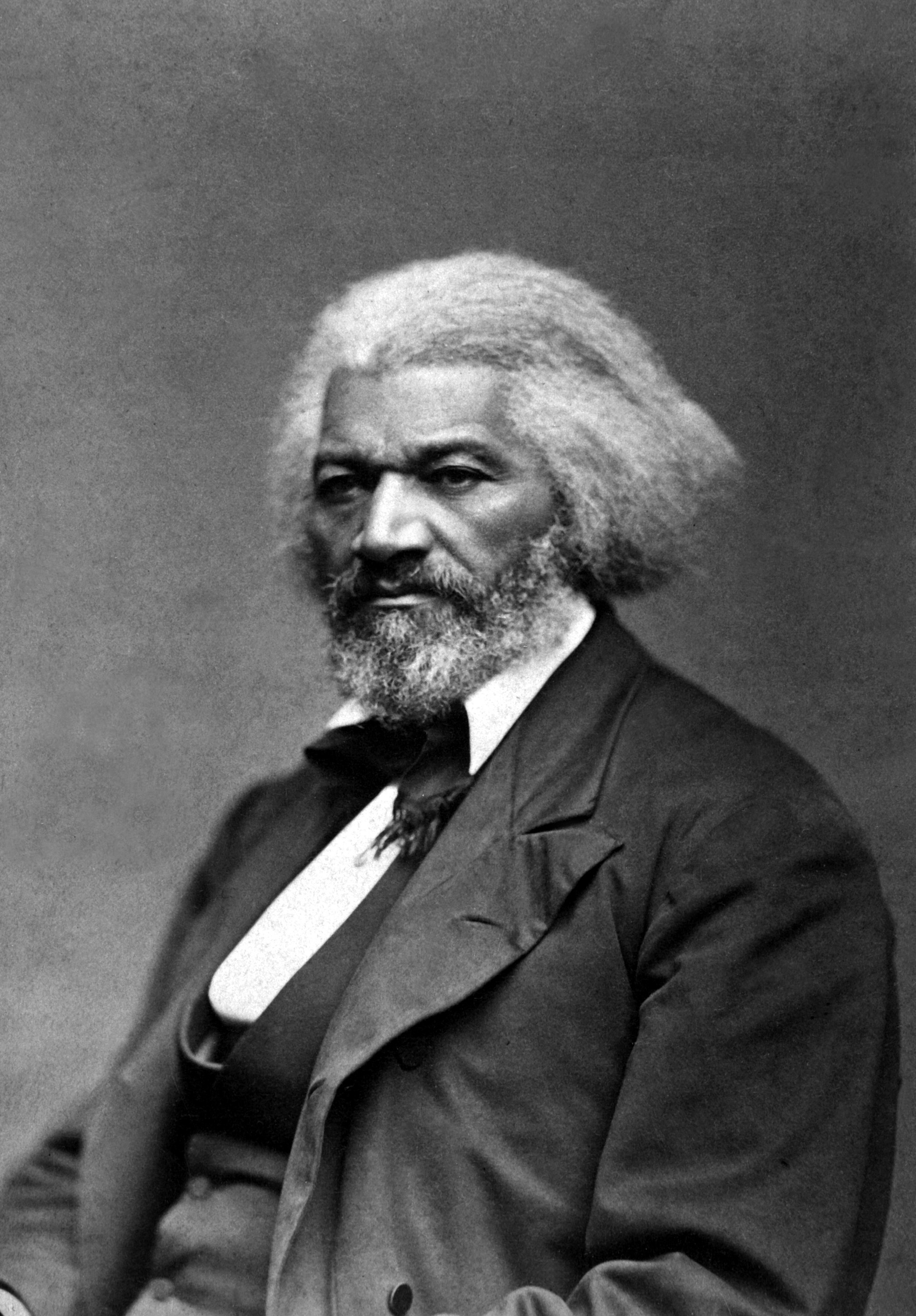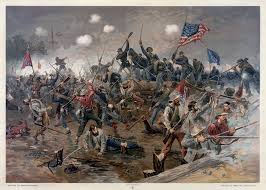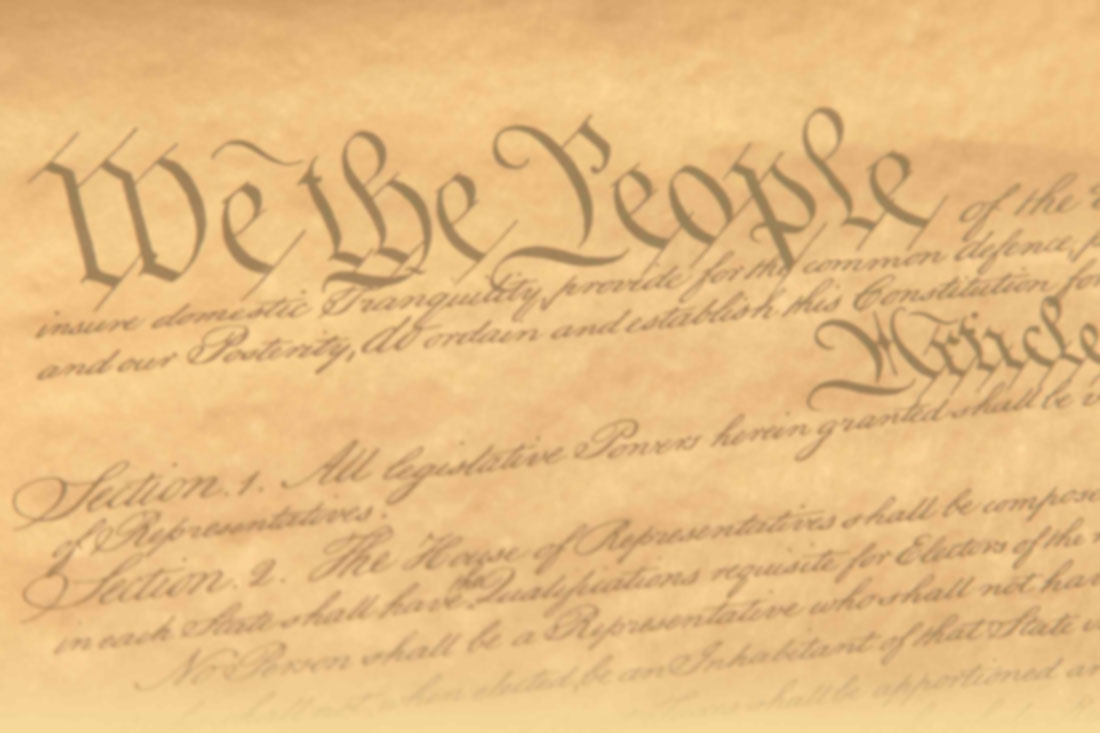Slavery and the Constitution
Slavery is not mentioned by name in the Constitution. Some, including the first black Supreme Court Justice, Thurgood Marshall, say that was a mistake. It should have been abolished from the start.

Others say the document was designed to get rid of slavery over a period of time, for instance:
The notorious 3/5ths clause in Article I, section 2, is pointed to as "proof" that the Constitution thinks that blacks are worth only 3/5ths of a white person.
That argument ignores that at the time, there were white slaves (mostly Irish) and some black slaveholders -- not many but they did exist. Irish slaves are 3/5ths a person, and black slaveholders are a whole person.

It ignores Fredrick Douglass, born a slave, who escaped to the North and became a leading voice against slavery and for the Constitution. He understood that the 3/5ths clause “is a downright disability laid upon the slaveholding States; one which deprives those States of two-fifths of their natural basis of representation."
Slavery was a disadvantage to slaveholding states. It behooved them to rid themselves of it. Much could be written about how this particular clause came about, but it will point to "a downright disability" on slaveholding States.
Slavery Given a Time Limit
Article 1, section 9 starts with a 20-year prohibition again making any laws to reduce the slave trade. Twenty years and that was going to be the end of slave trade. Pretty much everyone figured slavery was on the way out, so the Constitution gave slaveholders 20 years to phase it out.
With the gift of hindsight, we can all wring our hands that slavery should have been abolished immediately. I agree. It was and is an abomination. It will destroy any civilization in which it is practiced.
Ending Slavery
One clause of the Constitution in Article IV, section 2 finally did bring about the Civil War and the end of slavery.
Under the "Runaway Slave" clause, Dred Scott was to be returned to slavery from the free territory to which he had escaped. He took it to court, all the way to the Supreme Court.
The Supreme Court decided that blacks could never be citizens -- because if they could be citizens then they (horror of horrors) could carry guns.
Northern States (notoriously Wisconsin) refused to honor the "runaway slave" clause.
Mississippi Senator Jefferson Davis declared that he could not stand by while northern states refused to honor the Constitution and quit the Senate to become President of the Confederate States.

War ensued. The North won. And the 13th Amendment abolished slavery.
Even with slavery abolished, relations between white and black folks have gotten better and worse, better and worse, depending largely on the attitude and policies of the Federal Government.
It was better under Reconstruction, got much worse under Progressive policies, appeared to get better in the great Depression although everyone was worse off. Then it seemed everything would get better after the Supreme Court decision Brown v Board of Education (1954)
Racial Tensions
The 1954 case which should have and could have ended all racial tensions only antagonized them. Thurgood Marshall, before being appointed to the Supreme Court, argued the case against segregation.
The court decides correctly, the Constitution cannot condone peoples having "separate" facilities even it they pretend to be "equal." But Marshall argued and the court concluded that the problem with it i not a matter of LAW, but a matter of "psychological damage." Black kids in segregated schools suffer psychological damage.
Say wha-a-t?
It is and should be a matter of law, of our Constitutional foundings, of our Declaration of Independence that everyone gets to use the same facilities.
But no, the Court decided that "psychological damage" is more important than the law. And we have had racial tensions ever since.
Learn the Constitution

A lot of people talk about the Constitution. They learn about the Constitution. Much better is to read the document itself and decide for yourself.
Or better yet, listen to it, look up the words and listen to folks observe what problems this section or that are designed to solve and whether the problem exists today.
Our hometown radio station recorded a series of podcasts
The Constitution word-by-wordof our local Study Group, real people, real problems, real solutions, going through the Constitution word-by-word, section-by-section.
Listen and Engage with the Constitution, word-by-word